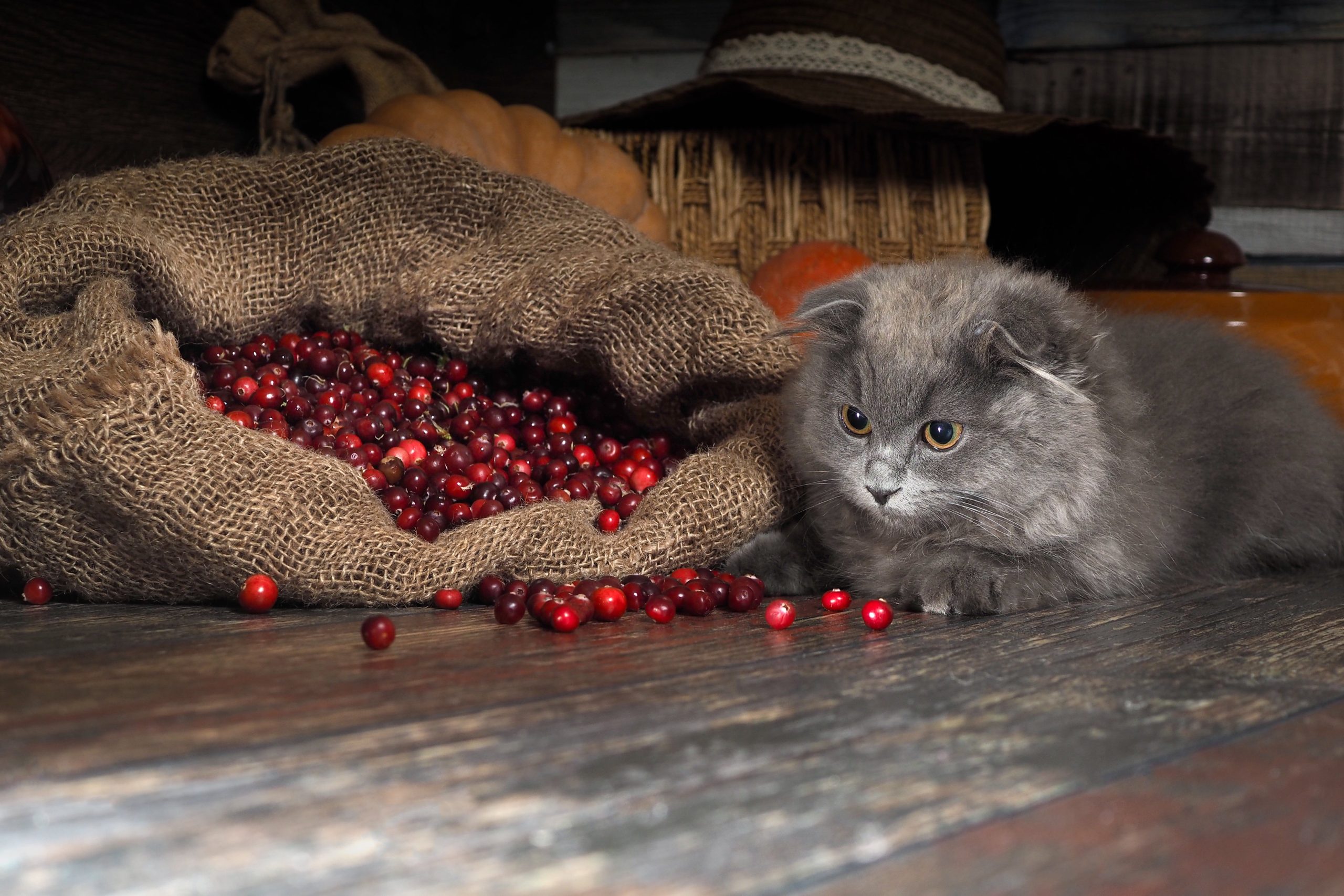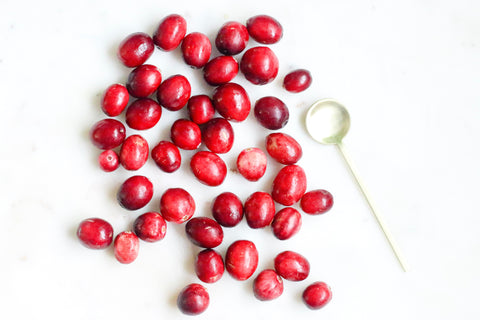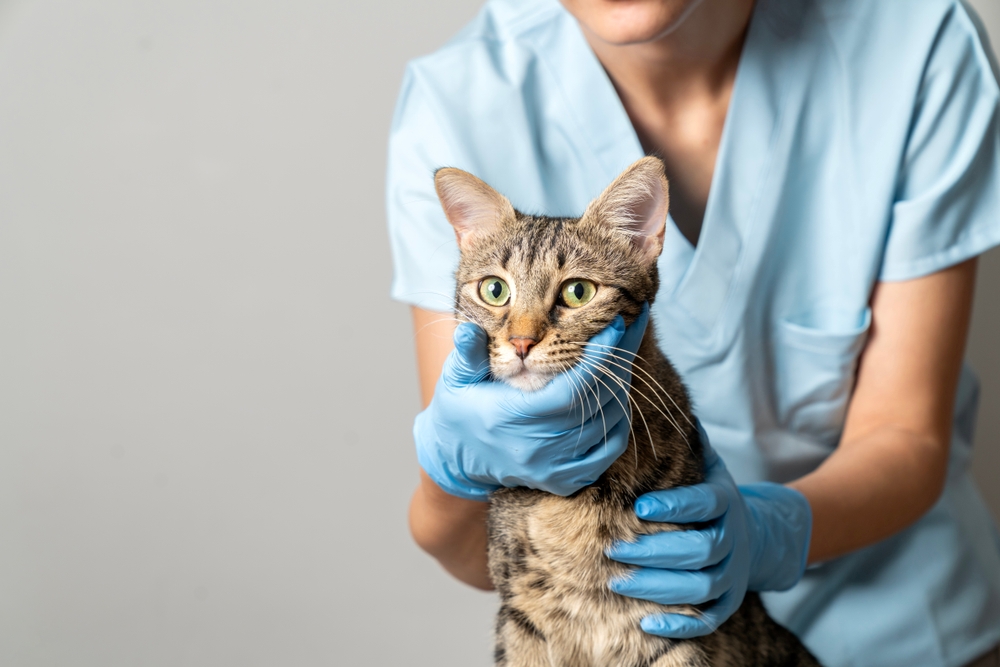
Are cranberries good for urinary health in dogs and cats?
December 10th 2020
Cranberries are famous for two things Christmas turkey and supporting urinary health in both people and animals. But aside from being a festive condiment does it actually have any health benefits?
Cranberry and urinary health in cats and dogs
Cranberries have been recommended for decades as a botanical remedy to help prevent and treat urinary problems. The fruit acids are thought to acidify urine (lower urinary pH). The theory is that the acids make the urinary environment inhospitable (unfriendly) to bacteria preventing bacterial growth and therefore bacterial infections.
However, more recently research has focused on natural plant chemicals called proanthocyanidins that are found in cranberries. Proanthocyanidins have antioxidant properties like Vitamins C and E, although the main scientific interest is in the apparent ability of these plant chemicals to stop bacteria sticking to the bladder wall. Bacterial infections can be prevented if bacteria fail to stick to the bladder wall and form colonies.
Fact or fiction? Can cranberry prevent urinary tract infections (UTIs) in humans?
Cranberry has been shown to stop the bacteria Escherichia coli (E-coli) from being able to attach to the bladder wall. However, the proanthocyanidins in cranberry are only effective against certain types of E-coli; they only work against E-coli that have fimbriae (finger like projections).
Furthermore, cranberry proanthocyanidins have only been shown to work against E-coli in ‘in vitro’ studies, which are those done in a laboratory setting using cells in petri dishes. Studies actually done in humans have not shown the same promising results and the Cochrane Review concludes that currently there is no evidence to support claims that cranberry prevents UTIs in people. This could be for several reasons, however one possible reason for it not being effective is because there are many other causes of urinary tract infections, not just E-coli.
Cranberry supplements for pets are also readily available, however there is some controversy regarding how effective and safe they are.

Cranberry as a supplement or in pet food
There are few studies on the recommended level (dose) of cranberry suitable for pets and although it is a natural product and safe when consumed in small amounts, higher doses may be harmful to health. Cranberry contains high levels of oxalate, which is detrimental for urinary conditions where the cat or dog has oxalate crystals/stones in the bladder. You can read more about blocked bladders in our article here.
The source of the cranberry may also make a difference to whether it is bioavailable (easy for the cat or dog to absorb utilise) and there are many forms available including juices, tablets, powders and supplements in pet food. Again, more research is needed into which form is the most effective.
In Summary…
Currently there is little evidence to support the claim that cranberry can support urinary health or prevent urinary problems, and, in some cases, it may even aggravate a urinary condition. However, there is a great deal of interest in this field and future studies may show that there are positive benefits.
At the moment though, if you suspect your dog or cat has a urinary problem it is best to get them checked out at the vet rather than trying to use home treatments, as natural remedies are not necessarily safe.

 Shop Dog
Shop Dog
 Shop Cat
Shop Cat
 Vet Know-how
Vet Know-how Contact
Contact


